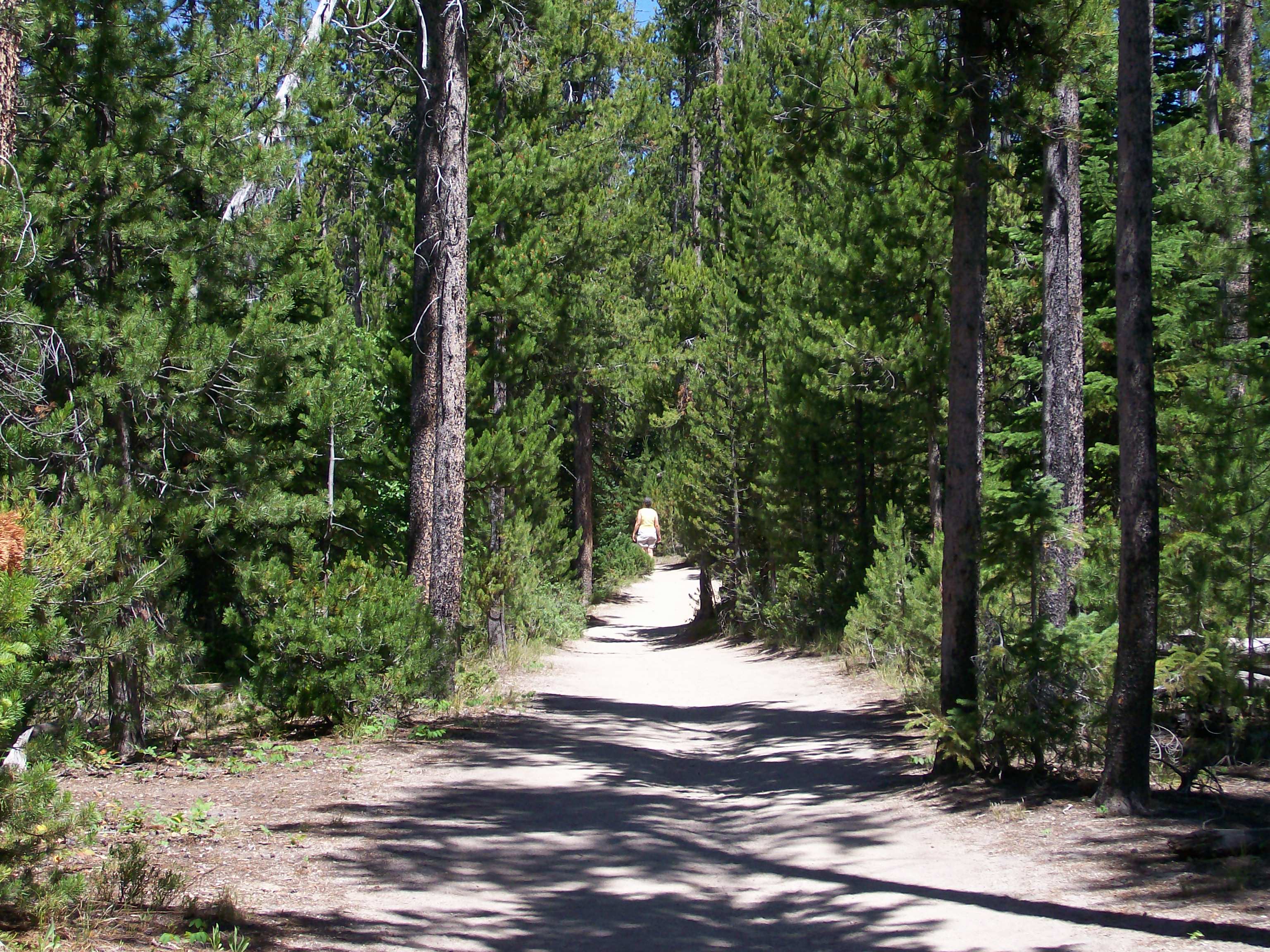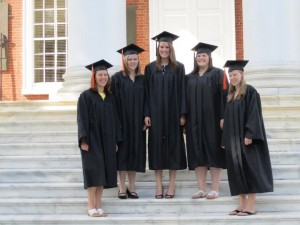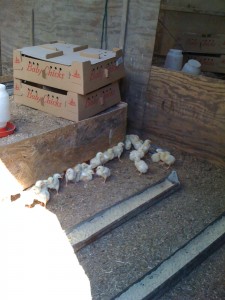
A sermon preached on Mark 10: 17-22, delivered during Wesley’s baccalaureate worship the evening before UVA graduation.
There are certain things we think we know. Like what success after graduation looks like and the right path to achieving it. Or how Jesus is supposed to act.
So sometimes, when we come across a story like this one from Mark, we aren’t sure what to do with it. Isn’t Jesus supposed to run after this man and make it easier for him? Convince him he’s really the Way? Give him one more chance? Force him to follow? It can make us uncomfortable when things don’t go like we think they will or should.
Maybe this is why so many graduation speakers sound alike and why those books you can buy for graduates also sound alike. As a culture, we want to send you all out there with marching orders and a firm, believable, reliable path for getting exactly where we think you’re supposed to go.
The problem with this is we often don’t know where we are going. Or why.
While many of you were at the beach last week, light-writing and beach-combing, I was reading a book called Dirt Work by Christine Byl, a writer I was introduced to at the Festival of Faith & Writing I attended last month in Michigan. Byl graduated from college with a plan to get a PhD so she could teach and write. Her whole life had pointed her in the direction of academic life and indoor pursuits – the life of the mind, as it’s sometimes called. There wasn’t a question in her mind about the goal. But she wanted to spend a year or so taking a break in a beautiful place with her boyfriend before she dove back into the next degree.
So they moved to Montana. And the plan started to unravel. Or take shape. Depending upon who you ask.
On a lark, Byl signed up late in the summer season to work on a trail crew in Glacier National Park. These are the folks who repair trails, build walls, remove downed trees, and generally make hiking enjoyable for the rest of us. There is little that had prepared her for this work. She describes herself as 125 pounds soaking wet and she’d spent more time in libraries and in front of computers than she had using chainsaws or hauling heavy things. Before the trail job, she hadn’t done much outdoors other than hike.
But like all good teachers, trail work showed her what she was missing. Rather than seeing academics as higher and more desirable and manual labor as lower and less prestigious, she realized they had different things to teach and that she was in need of learning what the woods could teach, too. The seemingly offhanded decision to join a trail crew late in the season ended up becoming the start of an entirely new education. From the beginning, she knew she was on a journey but she didn’t know where she was headed. Eighteen years later she’s still doing trail work. The place, the people, and the work transformed her and showed her a new path. Something completely unknown, unseen, and unexpected when she set out for Montana.
Unexpected, like Jesus giving the man what he really wanted and needed, though not what he asked for. Mark tells us the man is getting ready for a journey and wants to nail down the unexpected – Here’s the list of all the commandments I keep now what else should I be doing? I want to have my bases covered. Jesus gives him something else, an invitation. Come, follow, untangle yourself from the possessions that tie you down, live courageously and with transforming risk… This is, of course, not what the man wants to hear. He wants a list. He wants tried and true. He wants to have his expectations met, not overturned. If he were walking the Lawn with you tomorrow he’d have one of those graduate books and a five-year plan up his sleeve.
Whenever I read this story I wonder what happened next. All we’re told is the man went away sad and that Jesus let him go. Did he sleep well that night? Did he catch up with Jesus later? Did he ask another rabbi the same question? Did he write off Jesus as crazy and live the way he intended all along?
Maybe that unexpected encounter with Jesus bore fruit in the man’s life eventually. Maybe not.
For the man in the story as we have it, he misses his opportunity. For Christine Byl, she seized her opportunity and was seized by it. She let it lead her on a path she had never considered – one that revealed her calling and her most authentic self. She writes, “…I believe that the surprising turns our lives take can bring us to our unexpected selves” (Dirt Work, pp. xxi-xxii).
I hope your time at UVA has been unexpected and I hope at least part of that has been because of your involvement in the Wesley community. Maybe being part of Wesley overturned Sunday school assumptions and easy answers, helped you form deeper community than you thought possible, rerouted your major and your direction from here… Maybe it’s been as simple as the realization that the most important part of college wasn’t the college itself but what you did, who you did it with, and who you’ve become while you were here.
I have seen you take steps in the direction of your unexpected selves. Keep going.
Count on the blessings of the unexpected. Know that whatever paths you take – loopy roundabout paths or five-year-plan paths – God has surprises in store for you. God will bless you with the unexpected over and over again. God is not done with you yet. And though you may come with only the patience for the answer you want to receive, God will give you what you need. Every time. In every place. On every path. The ones that lead into the woods and those that lead back out again.
The God who met you here and transformed your college years in an unexpected place like Wesley will meet you on any path you chose from here – including the paths that seem to choose you. You can count on that.
Thanks be to God!







 Sermon on Luke 13: 1-9 | 3 March 2013 – Lent 3
Sermon on Luke 13: 1-9 | 3 March 2013 – Lent 3 Sermon on Luke 13: 31-35 | 24 February 2013 – Lent 2
Sermon on Luke 13: 31-35 | 24 February 2013 – Lent 2